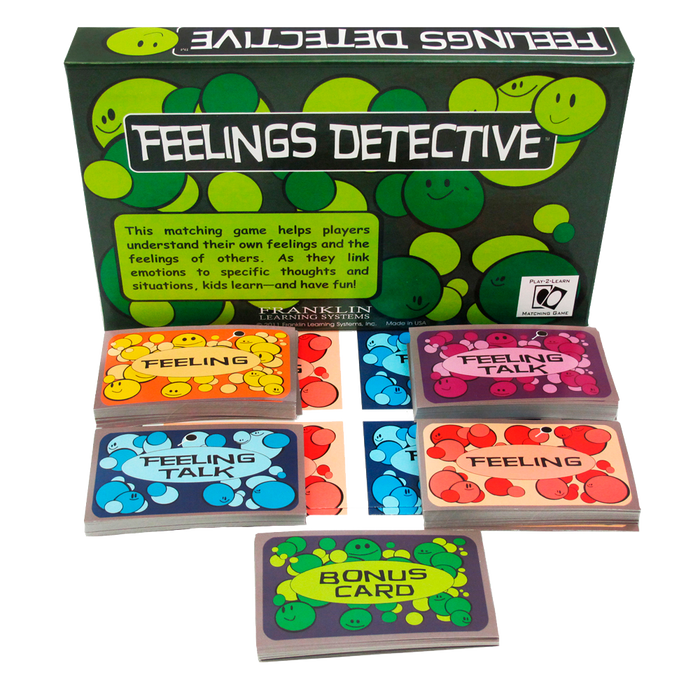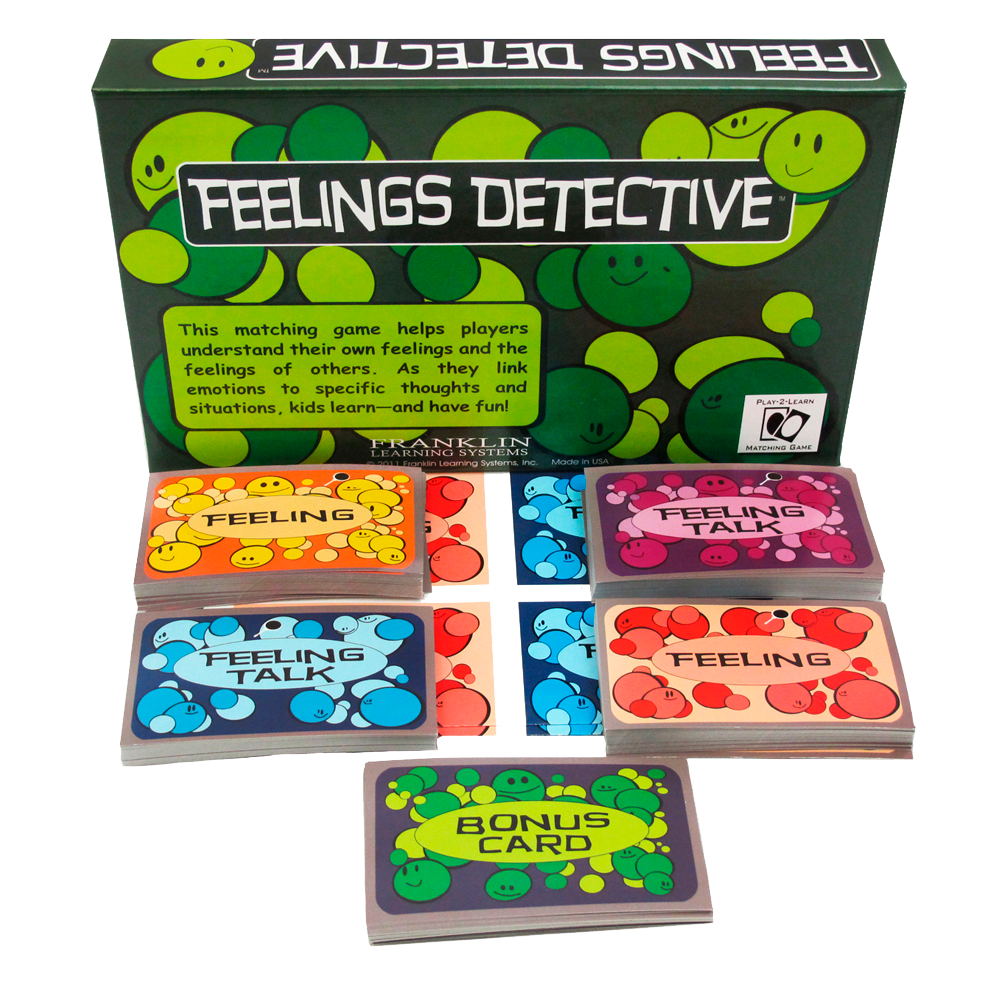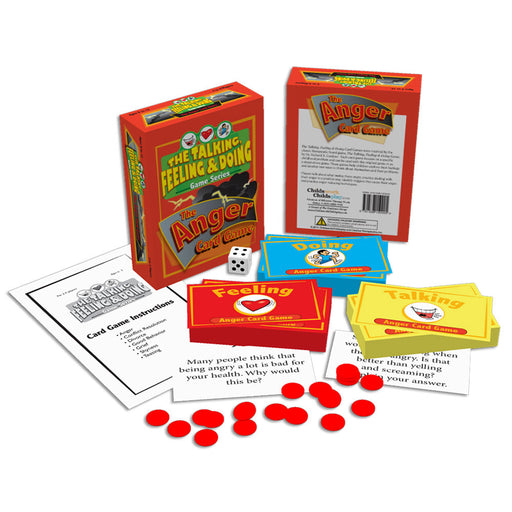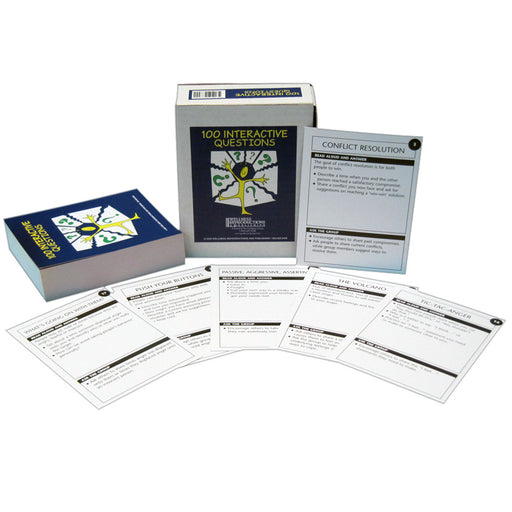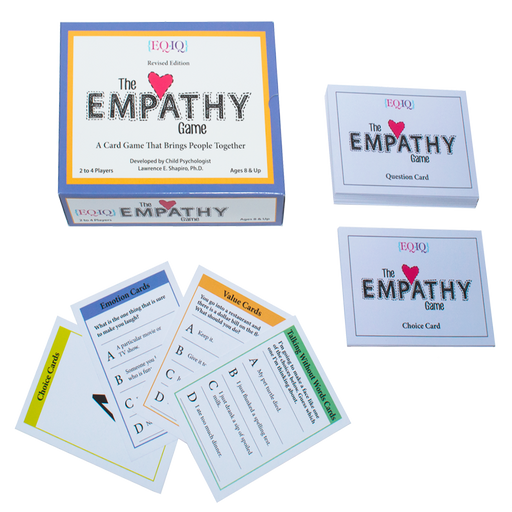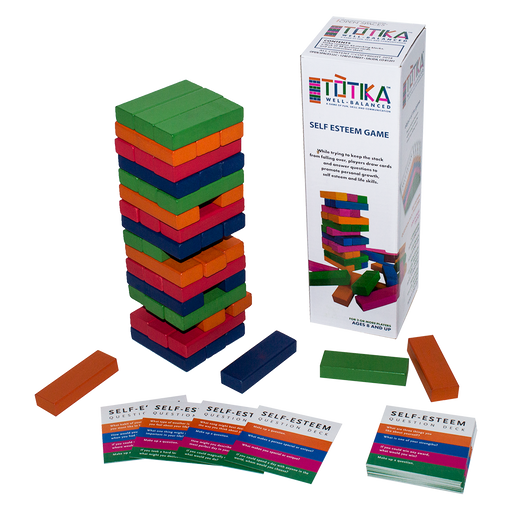Feelings Detective Matching Game
- Helpful for children who tend to misread social cues
-
Includes two decks of Feeling Cards, and one deck Bonus Cards
-
Grades: 1-6
Feelings Detective helps all children understand their own feelings as well as the feelings of others.It is especially helpful for children who tend to misread social cues, including those who have been diagnosed with Asperger's Syndrome or are at any other position on the Autism Spectrum.Specific examples help players to link specific situations and thoughts with specific feelings. Feelings are the most basic building blocks of social skills.Without the ability to recognize feelings in themselves and others, children are not able to master social interactions.
Although some children are naturally better at recognizing feelings than others, all children can improve their skills in these areas.
Feelings Detective is a matching game.The Feeling Cards have only one feeling word on it, such as happy or frustrated.Players try to match these cards with the Feeling Talk Cards, which have examples of cognitive talk that reflect that feeling.There are two decks of Feeling Cards and two decks of Feeling Talk Cards.The red and blue cards are for younger players, generally grades 1 to 3, and the orange and purple cards are for older players, generally grades 4 to 6.
The optional Bonus Cards ask the players to comment on the examples in the Feeling Talk cards. A Bonus Card may ask the player to describe what may happen next if the person puts that particular feeling into action or to give an example when the player had that feeling.
In addition to the two sets of cards, facilitators can vary the degree of challenge of the game by using Bonus Cards, putting out more cards to match, and replacing cards as they are matched and withdrawn from the table.
Grades1-6
Playing Time: Flexible from 20 minutes, 45 minutes Players: 2 to 4
Learning Objectives: Players will:
- better understand their own feelings and the feelings of others;
- better understand the specific situations that trigger their own feelings and the feelings of others;
- better understand the relationship between comfortable and uncomfortable feelings and the appropriate and inappropriate social connections that take place as a result;
- improve their skills in regulating their feelings as a way to reach their personal and social goals; and
- improve their level of comfort in a variety of social situations.

